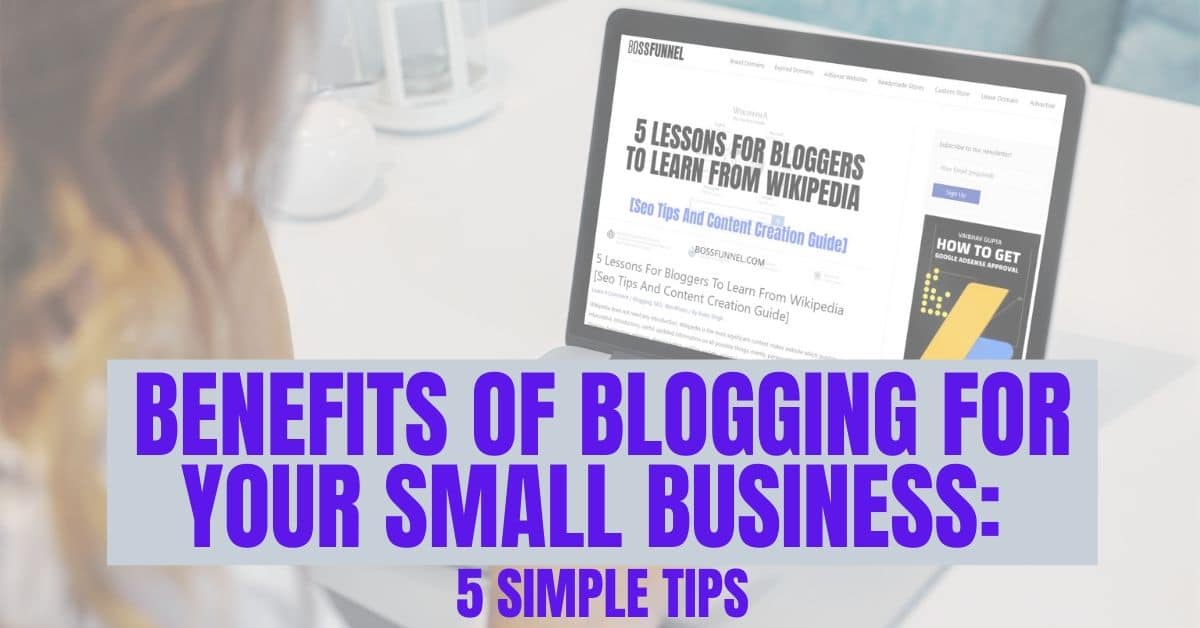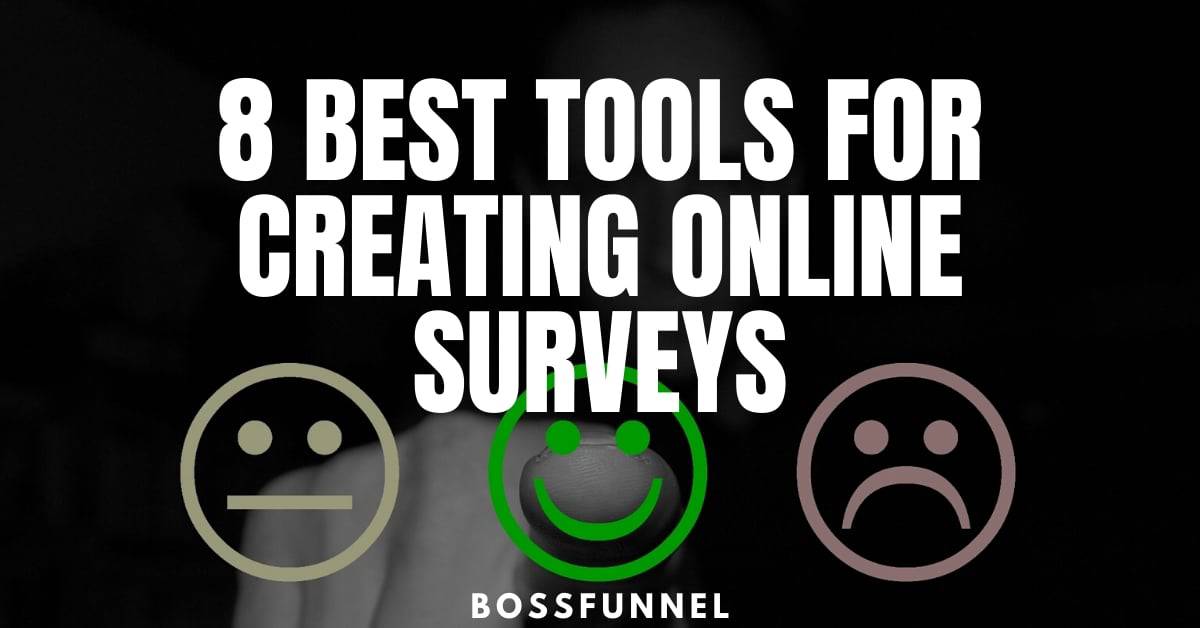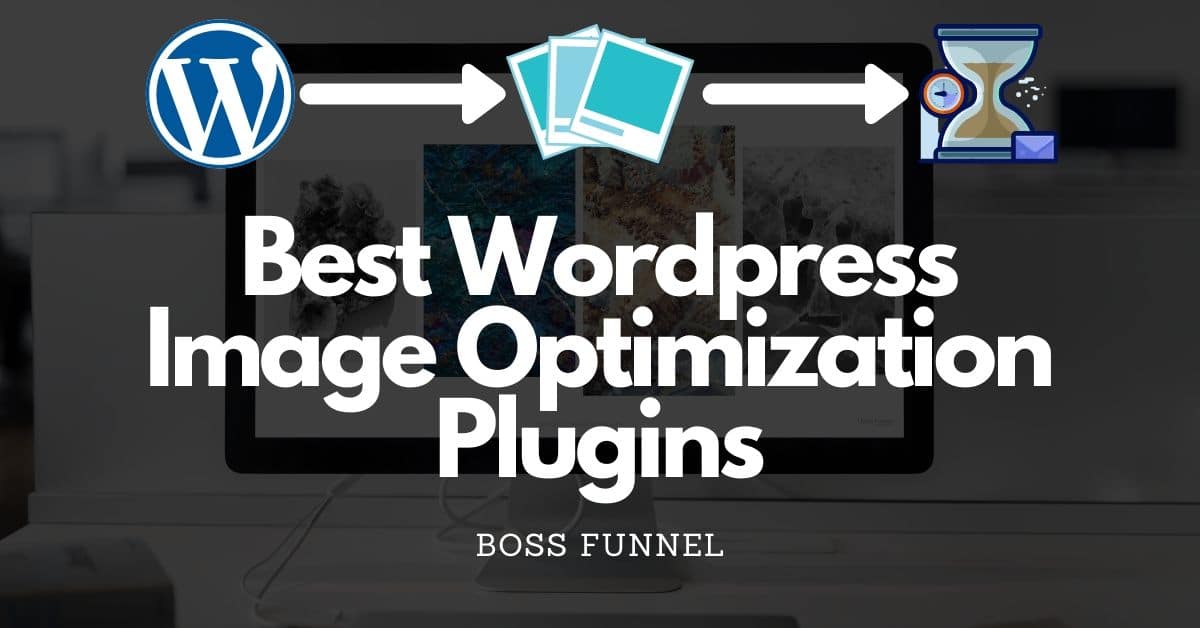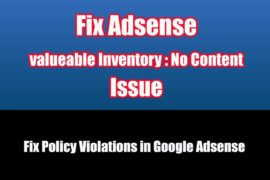Strong brand awareness can help your small business stand out from the competition. It can put your company on the map and let potential new customers notice you. And an easy way to make your brand visible on the web is by harnessing the power of blogging. We can think of at least 5 benefits of blogging for your small business:
- Building an engaging community
- Demonstrating industry expertise
- Improving your website’s SEO
- Providing value to your consumers
- Getting useful feedback
Are you a business owner well versed in blogging, or is this your first time hearing about it? It does not matter! This article is meant for you either way. You will find it useful regardless of your span of knowledge on the subject.
Building an Engaging Community
Create and grow your community — this is one of the best brand-building tips for small businesses. In other words, your website must attract more than just casual visitors. It should also have regular readers. The latter are more likely to share links to your website and leave comments. Simply put, they will boost the engagement rate of your site.
Choosing the right small website site builders means that half of your job is already done. This can affect the SEO and the overall ranking of your website.
Blogging is an excellent community-building tool that will bring existing and new consumers to you. All you need to do is attract and keep their attention. A surefire way to do that is by offering them quality content.
Search engines take into account a website’s engagement activity. What’s more, they reward it. Sites with an engaged community rank higher in search results and get more exposure — which is something that will undoubtedly improve your brand awareness.
How to maximize this benefit: End your article by asking the readers a question. This is an easy way to encourage them to write in the comments section. Also, pay attention to what they say. Answer the questions they post to show them that their opinion matters.
Demonstrating Industry Expertise
Consumers tend to turn to companies that have authority in their industry field. So, use your blog to brand yourself as an industry leader. Showcasing your expertise will win the trust of customers. Moreover, it will make you their first choice in your business niche.
Create posts that are well researched and highly informative. But do make sure they are helpful and useful to the readers. Knowing the interests of your target audience always demonstrates industry expertise.
How to maximize this benefit: Avoid using complicated terms in your blog, as that may push your audience away. Instead, keep your sentences short and your choice of words simple. You may also consider giving your blog a more professional and polished appearance.
Improving Your Website’s SEO
If your website is poorly optimized for search engines, your brand visibility will be limited. It’s as simple as that!
Luckily, blogging can turn that around. But there are a few conditions that you need to keep in mind.
First, search engines are only impressed by unique and important content. You can’t copy-and-paste your way to a better SEO.
Second, you need to post regularly. That will keep you in the more recent search results and help you build a large body of work.
You can also read: How to Promote your Website in 2020: What’s New in SEO?
How to maximize this benefit: Don’t forget to include keywords that your target audience is searching for. However, do not overstuff your posts with them because that will reduce the readability of the text. The same goes for the topics and questions you cover. Focus on what your readers are looking up online.
Providing Value to Your Consumers
Aren’t you tired of ads? Everywhere you turn, you are “bombarded” with sponsored articles and social media posts. You don’t like that, do you? You best believe that your readers don’t like it either.
There is no point in writing posts that serve a purely promotional purpose. This is a rather aggressive and ineffective marketing strategy. What you should do instead is subtly advertise your products or services.
For example, do not create posts that revolve around the things you want to sell. Instead, write an informative article that your readers will find interesting. That way, you will provide value to your consumers first. Then, you can casually mention the name of your brand, product, or service to illustrate a point.
Consumers love free things. We all do! So, use your blog to give them heaps of free but useful tips, lists, and 101 guides. That can help them stay loyal to your brand. Furthermore, it may encourage them to come back when they’re ready to buy what you’re offering.
How to maximize this benefit: Get to know your audience and try to understand its needs. That will undoubtedly help you choose better topics to cover. Also, follow your competitors carefully, but do not follow in their footsteps. Instead, find the unique differentiator that will let you stand out.
Getting Useful Feedback
Do your consumers like your products or services? Are there changes you can make to improve the quality you offer? These are questions that many small business owners struggle to answer. Blogging can shine some light on them.
Encourage your readers to share their opinion and leave feedback on your blog. This will let you see how they rate your work and your brand, as well as show you what you need to do to improve your business.

Blogging will let you interact better with your target audience and get to know it. Use the knowledge you gain through that feedback to get the most out of the benefits listed above.
You can also read: SEO Promotion: Why are Website Reviews so Important?
How to maximize this benefit: Make it easy for your readers to leave feedback on your blog. For example, put a comments section under every blog post, or include a suggestion box.
How to Start Blogging
Many small businesses are quick to dive into the world of blogging — don’t be one of them. There are several essential things you should consider before you start writing blog posts.
Pick a Blogging Platform
Nowadays, there is an excellent choice for blogging platforms. The problem is that not all of them are suitable for businesses.
Joomla and Weebly will let you create a site for free, and WordPress.com is very easy to set up. Unfortunately, all three of them have limited features.
You can also read: 5 Lessons For Bloggers To Learn From Wikipedia [Seo Tips And Content Creation Guide]
Most businesses pick WordPress.org over hosted blogging platforms like WordPress.com. It offers a lot of flexibility and plenty of features. The only downside is that you may need the assistance of someone more tech-savvy than the average Joe to set it up.
Customize Your Blog
The next step would be giving your website a unique appearance. Customize the way it looks to provide your consumers with excellent user experience. That is yet another reason to choose WordPress.org as your blogging platform.
The site lets you choose from a great selection of free and paid themes. You can preview how each of them would look on smartphones, computers, and tablets. And you will even have the chance to make small changes to the theme (e.g., pick headers, add menus, etc.).
Choosing a WordPress theme for small businesses is not a simple task. Pick one that takes too long to load, and your traffic will suffer. Go for a theme that is not compatible with any plugins, and you will struggle to grow your business.
You can also read: MUST HAVE- Free WordPress Plugins for Business Websites
So, save yourself any future trouble and choose a theme that offers:
- Customizable design
- Excellent, non-stop support
- Fast loading times
- Plugin compatibility
- High responsiveness
- SEO support
You can also read: WordPress Website Optimization for Google PageSpeed Insights
Pick and Register a Domain Name
It’s time to choose a domain name for your website. Go for something short, simple, and easy to remember. Hopefully, your brand name is all three of these things.
Then, you will need to register it using a domain name registrar. Some of the most popular ones include GoDaddy, Domain.com, and NameCheap. The annual fee to reserve a domain name is $10–$15.
PRO TIP: Use Honey Extension to automatically apply the best coupon codes for you.
Find a Reliable Hosting Provider
The last crucial step in starting a blog is choosing a hosting provider. This will enable you to post your website on the Internet. But again, not every hosting service works for businesses.
Some hosting providers can be bad for your SEO performance. Search engines will rank you lower if your website is slow and frequently down. The same goes if it is vulnerable to hacking attacks or SEO unfriendly.
That’s why you ought to avoid free hosting services. They offer no flexibility and a minimal selection of features. That arrangement won’t work for you even if you improve the search engine optimization of your small business website on every level.
Offshore hosting, on the other hand, is the exact opposite. It comes with secure servers, reliable support, more power, and fewer content restrictions. It’s not free, of course, but quality always costs money.
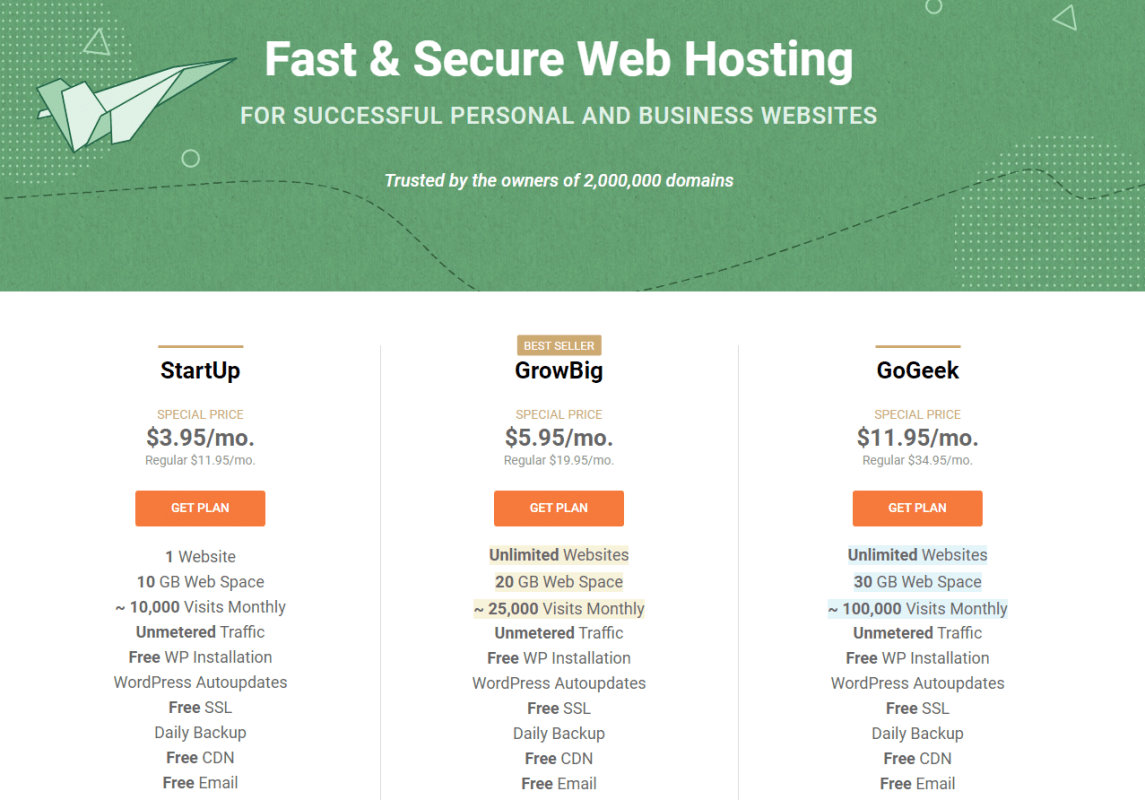
PRO TIP: I personally user Siteground, their plans start from as low as $5/mo. You can sign-up using this link and get up to a 30% discount.
The Importance of High-Quality Content
You have set up your blog! The only thing that is left for you to do is to start writing. But we need to warn you — don’t shoot in the dark.
Plan your blogging strategy and your posts carefully. Don’t scribble down a bunch of words and sentences just because you must put something on your website. Remember that poor-quality content is worse than no content at all.
Provide your readers with high-quality content that is easy to read, informative, and unique. Of course, spelling and grammar mistakes must be avoided at all costs. And don’t forget to familiarize yourself with the basic SEO techniques too. They are essential if you want to improve your blog’s online visibility.
You can also read: Why Does Your Business Need SEO? Top 9 Reason
Creating quality content takes time and effort, but it pays off in the long run. It will drive more traffic to your site and help you build organic backlinks to it. It will also attract the interest of your readers and win the trust of your consumers. Combine that with a few SEO tweaks, and your small business is bound to get the recognition it deserves.
PRO TIP: You can hire freelancers from Fiverr for as low as $10/500 words.
It’s Blogging O’Clock
So, what are you waiting for? It’s time to put these blogging tips into practice and help your small business reach big audiences. It may take a while before you see any real results. But give it time, and we guarantee that your brand awareness will skyrocket.

